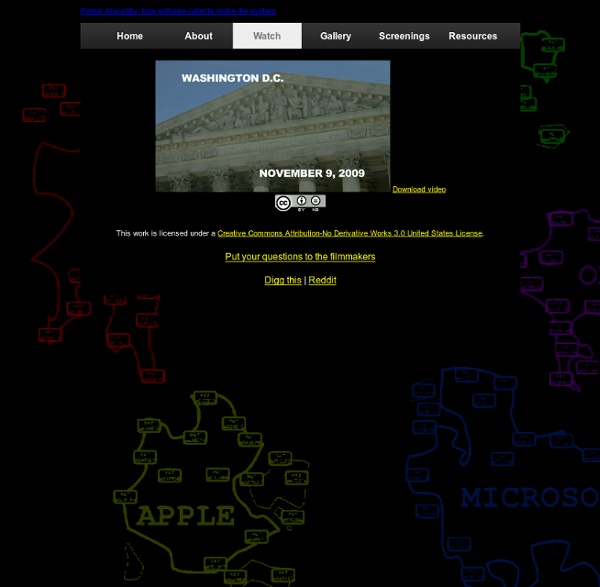



US Court: RapidShare Not Guilty of Copyright Infringement | Torr The popular file-hosting service RapidShare is not guilty of copyright infringement, the United States District Court of California has ruled. The ruling is an important victory for RapidShare, which has been increasingly targeted by the entertainment industries. Last year, adult media company Perfect 10 filed a lawsuit against the leading file-hosting service, RapidShare. Among other claims, Perfect 10’s lawsuit stated that RapidShare was guilty of infringing the copyrights of many of its images. The California-based company called for a jury trial in the United States to settle the issue. This week the District Court of California rejected Perfect 10′s request for a temporary injunction. “The view that RapidShare does not promote any infringements of copyright, unlike other file-hosts, appears to be gradually catching on,” Christian Schmid, founder of RapidShare said. “It is a milestone for us that this is also happening in the US.
New EU rules could kill off European VC and screw startups – Let The European Union’s proposed Alternative Investment Fund Managers Directive sounds relatively innocuous. But its impact could have far reaching consequences for Europe’s emerging startup tech scene, imposing higher costs, red tape and put off most institutional investors from investing in VC funds. The Directive could – to be blunt – completely shaft VC, and thus venture backed startups in Europe. Here’s how, and here’s what you can do about it. The AIDM Directive is part of wider moves by the European Commission to regulate the ‘riskier’ end of the financial system. But in seeking to impose greater transparency and accountability on hedge funds and private equity firms, like a cod trawler killing dophins, this drag net could destroy the early stage investment scene in Europe. This “catch-all” regulation stretches across hedge funds to venture firms, with very little consideration of how these vehicles operate. But as we all know, US VCs don’t invest that much on the ground in Europe.
The gangsters of Silicon Valley In the smartphone market alone, $15-20 billion has already been spent by technology companies on building defenses, says Stanford Law School professor Mark Lemley. For example, Google bought Motorola Mobility for $12.5 billion—mostly for its patents. An Apple-Microsoft-Oracle-Nokia consortium bought Nortel’s patent portfolio for $4.5 billion. Microsoft bought Novell’s patent portfolio for $450 million and some of AOL’s patents for $1 billion. Facebook bought some of Microsoft’s new AOL patents for $550 million. The larger players can afford to buy patents to deter the trolls, but the smaller players—the innovative startups—can’t. In a Sept. 2010 paper titled Patent Quality and Settlement Among Repeat Patent Litigants, Lemley, John Allison of University of Texas, and Joshua Walker of Stanford Law School, analyzed patent lawsuits. Technology industry heavyweight Brad Feld says that software patents represent a destructive force in the startup world. Clearly, the laws need revision.